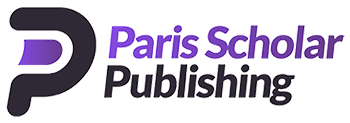The full article is available as a PDF download.
Authors:
Joseph Shrand, MD ![]()
Madeline DiGiovanni, BS
Dana Lee, BS
Anita Kishore, MD
Andrés Martin, MD, MPH
Objective:
Drug Story Theater (DST) is a peer-to-peer intervention that engages teenagers in the early stages of their recovery to develop shows about the seduction of, addiction to, and recovery from drugs and alcohol.
Methods:
We analyzed anonymous surveys completed by students before and after attending a DST performance, and transcripts of focus group interviews conducted with (1) program developers, (2) stakeholders, (3) performers, and (4) audience members.
Results:
Students (N = 871) from 5 schools attended one of 2 DST performances. Participants demonstrated increased knowledge on 5 fact-based questions (mean improvement range, 19%- 35%; p < .001 for all), and favorable changes on 10 items addressing perceptions regarding substance use risk (paired t test range, 3.9-9.4; p < .001 for all). Through iterative thematic analysis we developed an alliterative “7P” model spanning 2 domains: (1) Participants (Performers and Peers); and (2) Program (Partnerships, Practicalities, and Prevention).
Conclusions:
Exposure to a DST performance improved knowledge and risk perceptions about addiction among middle and high school students. It remains to be seen if those changes can have an effect on the prevention of substance use and dependence among vulnerable youth, and whether the active components of DST can be replicated in other school environments.
Source: Health Behavior and Policy Review, Volume 8, Number 4, July 2021, pp. 281-293(13)
Publisher: Paris Scholar Publishing Ltd.
DOI: https://doi.org/10.14485/HBPR.8.4.1
